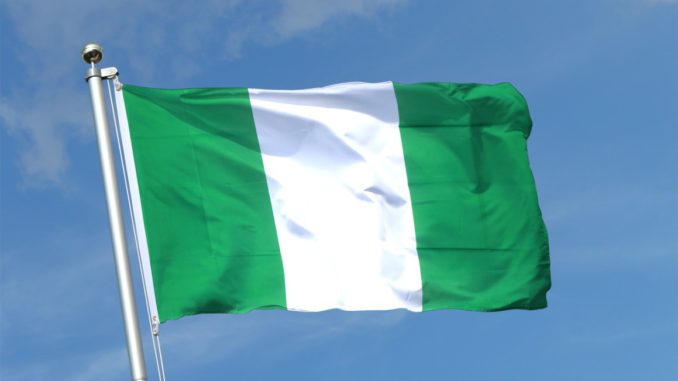
The crises that have dogged the two major political parties in Nigeria have led many to ask if democracy is best suited for the Nigerian society. Besides, it is doubtful if the major political actors know that Nigeria is not in the medieval era when the word of the King was final, or an epoch when the aristocrats dictated the tune. A major feature of the democratic order is that the people are at the centre of governance. The major reason why Nigerians revolted against colonial subjugation was the need for popular participation. It was the basis for rejecting the Arthur Richards constitution that was foisted on the country by the colonial overlords without input of the people’s representatives.
Sixty years after independence, the people are still shut out of the system. What prevails is closer to an oligarchic order than a democracy. Political parties that are registered under the law turn against the party, with some party leaders substituting the personal interest for the national. This has led to a gruesome battle for the nation’s soul.
Last week’s contest for control of the All Progressives Congress (APC) that threw up three factions at the same time, producing three chairmen, was another indication that there is no decorum in political contestation in Nigeria. Somehow, President Muhammadu Buhari’s intervention seems to have produced some sort of settlement. At least all appears quiet on all fronts in the party now.
Edo State Governor, Godwin Obaseki’s and Ondo State Deputy Governor Agboola Ajayi’s defection to the Peoples Democratic Party is another malaise plaguing the Nigerian political parties. Absence of ideology has made the line dividing the parties so thin and movements so frequent that it leaves so much tell-tale effect on party administration and governance. In other countries where ideology informs membership of political parties, such fluidity is very rare. Whereas there are also tendencies in their political parties, the contestations are kept within the parties, and those who lose look forward and plan towards the next context for leadership and control. The internecine crisis is in no way limited to the APC. The other major party, the PDP, too, has had its bouts of being gripped by chaos and anarchy. As it was with the Action Group in the First Republic, and the Unity Party of Nigeria, as well as others like the Peoples Redemption Party, the Great Nigerian Peoples Party and the Nigerian Peoples Party in the Second Republic, so it is with the political associations masquerading as political parties today. Even the minor parties are not spared the disease.
Unless the political parties, especially the APC and PDP put their house in order, the stability of the republic cannot be guaranteed as the race towards the 2023 general elections picks up. Many of their members and followers are irascible and too prone to violence. Failure to install and sustain internal democracy in the parties can only make the country a tottering republic, one at the precipice ready to tip over any time. No one should underrate the possible effects of the forthcoming Edo and Ondo governorship elections. A concatenation of factors that have pushed Nigerians down the socio-economic order could spark crisis of the First Republic magnitude to the discomfiture of all. The health of the country is more important than the narrow, personal interest of the leaders. As is the case in other countries, the people should realise that they would lose out if the country collapses, and should thus rise up to check the rapacious dealers. It should be realised that getting it right in the parties would determine what becomes of the country. Popular participation is key to political development.
END

Be the first to comment